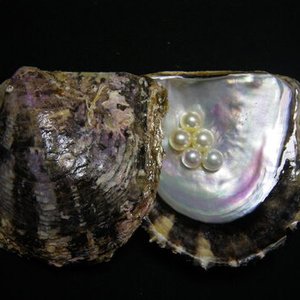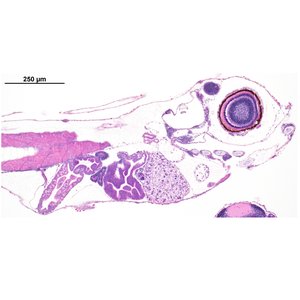Fuel prices are a major driver for European aquaculture and fishery economic performance. The aquaculture facilities can be energy intensive as well as the fishing fleet can consume almost two billion liters annually. This dependence on fossil fuels makes the sector vulnerable to price increases.
Although the EU reacted immediately to the COVID-19 pandemic and the Russia-Ukraine war by adopting a range of measures able to maintain the sector’s profitability in 2022, the current reliance on fossil fuels is still a structural problem that requires a long-term approach to make the sector resilient and sustainable.
A new commission’s initiative aims to reduce this dependence by strengthening aquaculture resilience and improving its long-term sustainability by putting in place the structures to enhance cooperation between stakeholders and help remove the current barriers to the uptake of energy-efficient technologies reducing energy needs and increasing the use of clean and alternative power sources.
The European Commission invites all stakeholders, including the fishing industry, non-governmental organizations, academic, scientific, social, and economic partners, and citizens to share their views by responding to the Call for evidence for available translations of the preceding until December 5, 2022.
The initiative will support the energy transition in the sector by:
- Enabling strong engagement of all the people, authorities, and organizations concerned (including NGOs, fishers, aquaculture producers, shipbuilders, equipment producers, research institutes, renewable energy providers, and ports).
- Closing the gaps in knowledge, technology, and innovation.
- Securing adequate financial support.
- Ensuring the right skills and workforce, fit for and adapted to the energy transition in the EU fisheries and aquaculture sector.
The feedback received will support the commission in developing this initiative, which it envisages to present towards the beginning of next year. The initiative also provides for the continuous involvement of stakeholders during its implementation.
Find more information about the EC’s initiative here.













